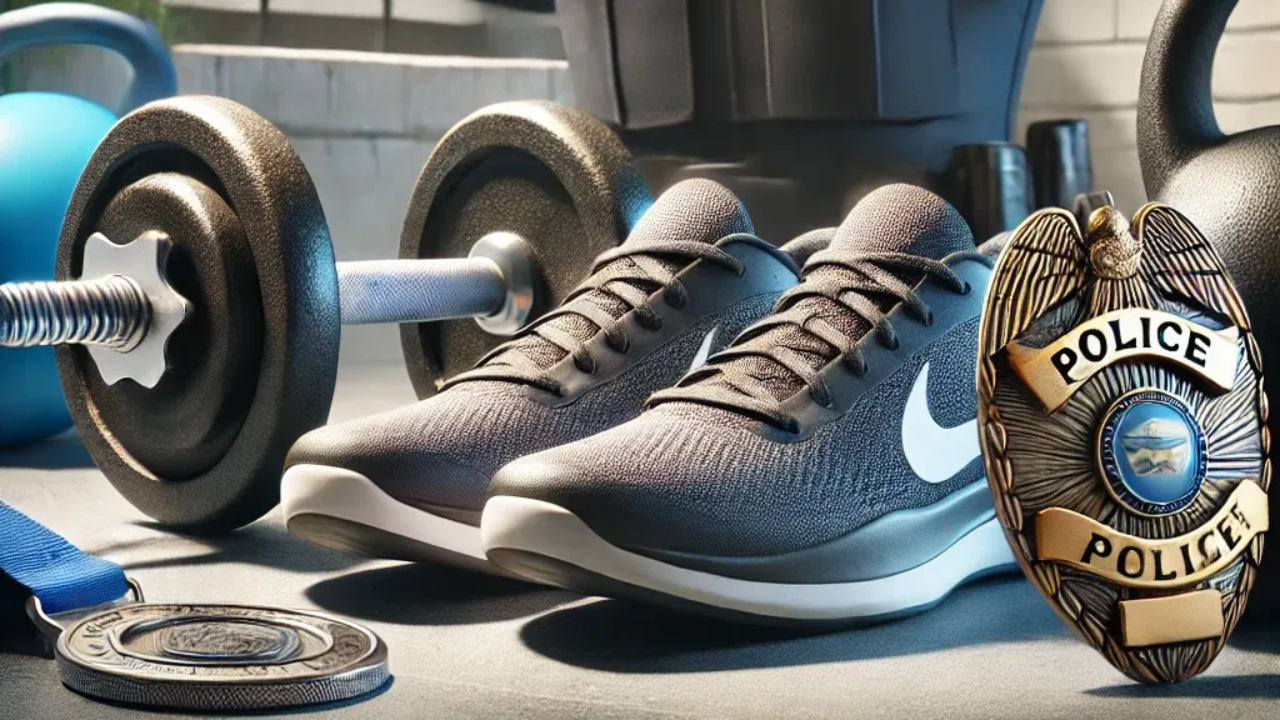
Hello everyone,
Physical fitness plays a vital role in law enforcement careers. Officers often face demanding situations that require strength, stamina, and quick reflexes. Beyond the physical requirements, staying fit also enhances mental resilience, reduces stress, and improves overall job performance. Let’s explore why physical fitness matters and how to maintain it throughout your career in law enforcement.
1. Why Physical Fitness is Essential
Being physically fit isn’t just about passing the police fitness test—it’s about ensuring you’re prepared for the daily challenges of the job:
- Operational Readiness:
- Tasks like chasing suspects, carrying equipment, or assisting injured individuals require physical strength and endurance.
- Stress Management:
- Regular exercise helps reduce stress and improve mental clarity, which is crucial in high-pressure situations.
- Injury Prevention:
- A strong and conditioned body is less prone to injuries during physically demanding activities.
2. Components of Physical Fitness for Law Enforcement
To perform at your best, focus on these key areas:
- Cardiovascular Endurance:
- Activities like running, cycling, or swimming improve your ability to sustain prolonged physical effort.
- Strength:
- Building upper and lower body strength ensures you can handle physical altercations or lift heavy objects.
- Flexibility:
- Stretching improves mobility, reduces stiffness, and lowers the risk of injuries.
- Agility:
- Quick directional changes and reflexes are vital for pursuits and defensive tactics.
3. Developing a Sustainable Fitness Routine
A consistent fitness routine helps you stay in peak condition throughout your career:
- Set Realistic Goals:
- Whether it’s improving your mile time or increasing your bench press, set measurable and achievable objectives.
- Incorporate Variety:
- Mix cardio, strength training, and flexibility exercises to target all aspects of fitness.
- Schedule Regular Workouts:
- Aim for at least 30-60 minutes of exercise, 4-5 days a week.
4. Nutrition: Fueling Your Fitness
Good nutrition complements your workout efforts:
- Balanced Meals:
- Focus on lean proteins, whole grains, and plenty of fruits and vegetables.
- Stay Hydrated:
- Drink water consistently, especially during and after workouts.
- Avoid Processed Foods:
- Minimize sugary snacks and processed meals that can lead to energy crashes.
5. Overcoming Common Challenges
Sticking to a fitness routine isn’t always easy. Here’s how to stay on track:
- Time Management:
- Integrate workouts into your daily schedule, even if it’s just a quick run or bodyweight exercises.
- Motivation:
- Partner with a colleague or join a fitness class to keep your routine engaging.
- Recovery:
- Listen to your body and allow rest days to prevent burnout and injuries.
6. Staying Fit Throughout Your Career
Maintaining fitness isn’t just for passing initial requirements—it’s a lifelong commitment:
- Reassess Goals Regularly:
- Adjust your fitness plan as your job responsibilities evolve.
- Participate in Department Programs:
- Many agencies offer wellness initiatives or access to fitness facilities.
- Monitor Your Health:
- Regular check-ups ensure you’re staying fit and healthy for the demands of the job.
Final Thoughts
Physical fitness is more than a job requirement—it’s a cornerstone of effective and safe policing. By committing to a balanced routine and prioritizing your health, you’ll be better prepared to serve your community with confidence and resilience.
At Armogan Training, we’re dedicated to supporting your journey into law enforcement. For tips, training resources, and personalized coaching, visit us at www.armoganct.com. Let’s achieve your fitness and career goals together.
Best regards,
Dina, Armogan Training Team
Police Candidate Getting Started Workshop
Learn about every phase of the hiring process!!!
-Plus hidden BONUSES!!!
We hate SPAM. We will never sell your information, for any reason.
